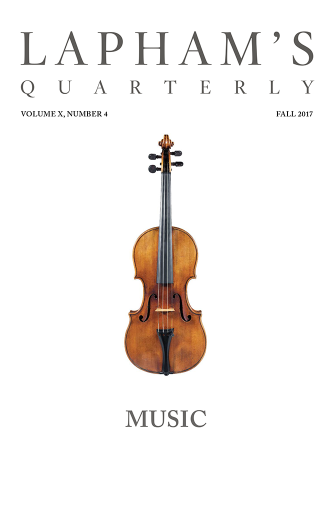Stupidity is often the best shield against a clever rascal.
Flattery is a counterfeit coinage, current only because our vanity accepts it.
A desire not to deceive others constantly lays us open to deception.
No deception is keener than feigning cleverly to fall into the snares laid for us. We are most often deceived when seeking to deceive others.
We spend so much time deceiving others that we end by deceiving ourselves.
Some well-disguised falsehoods so cleverly simulate truth that it were ill-advised not to be deceived by them.
The cleverest men go through life decrying trickery either to be in a position to deceive in a crisis, or to achieve a great ambition.
Habitual trickery is a sign of small intellects; he who covers himself with deceit at one point, usually exposes himself at another.
Distrust justifies deception.
From his Maxims. Born into a noble family in Paris in 1613, La Rochefoucauld served in the army in 1629, fighting in campaigns in Italy, France, and the Netherlands. He sustained various wounds, retiring from service in 1652 after he was shot in the face with a musket. Memoirs, his account of his military adventures and life at the court of Louis XIV, was published in 1662. Three years later he published his collection of five-hundred-odd aphorisms, which he added to and amended in subsequent editions. He once lamented, “My intelligence is spoiled by my melancholy.”
Back to Issue

